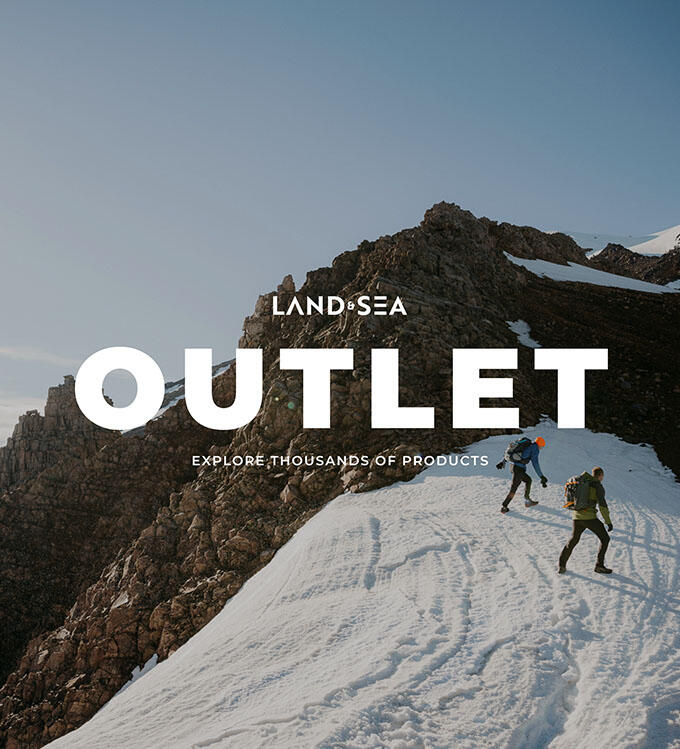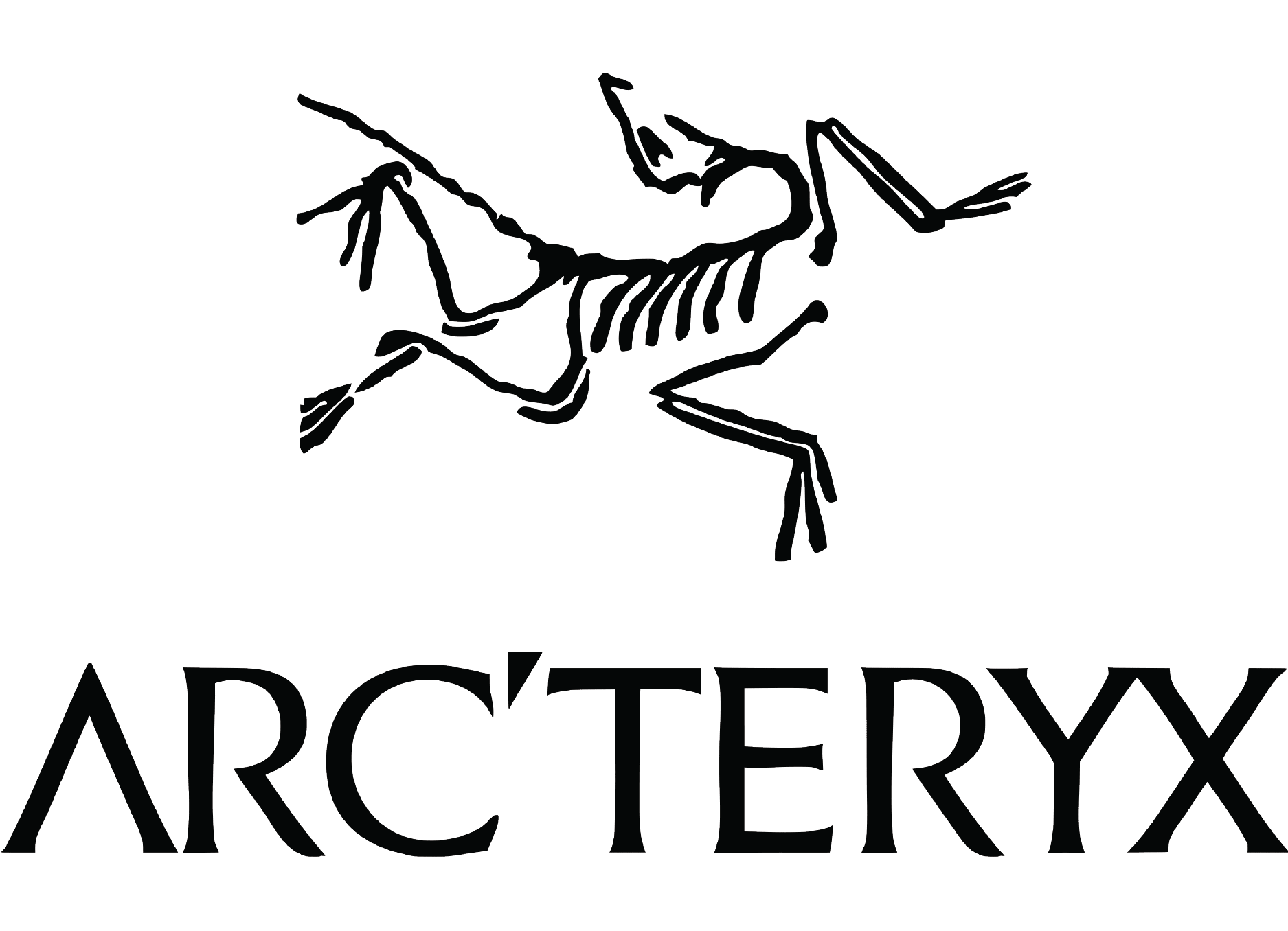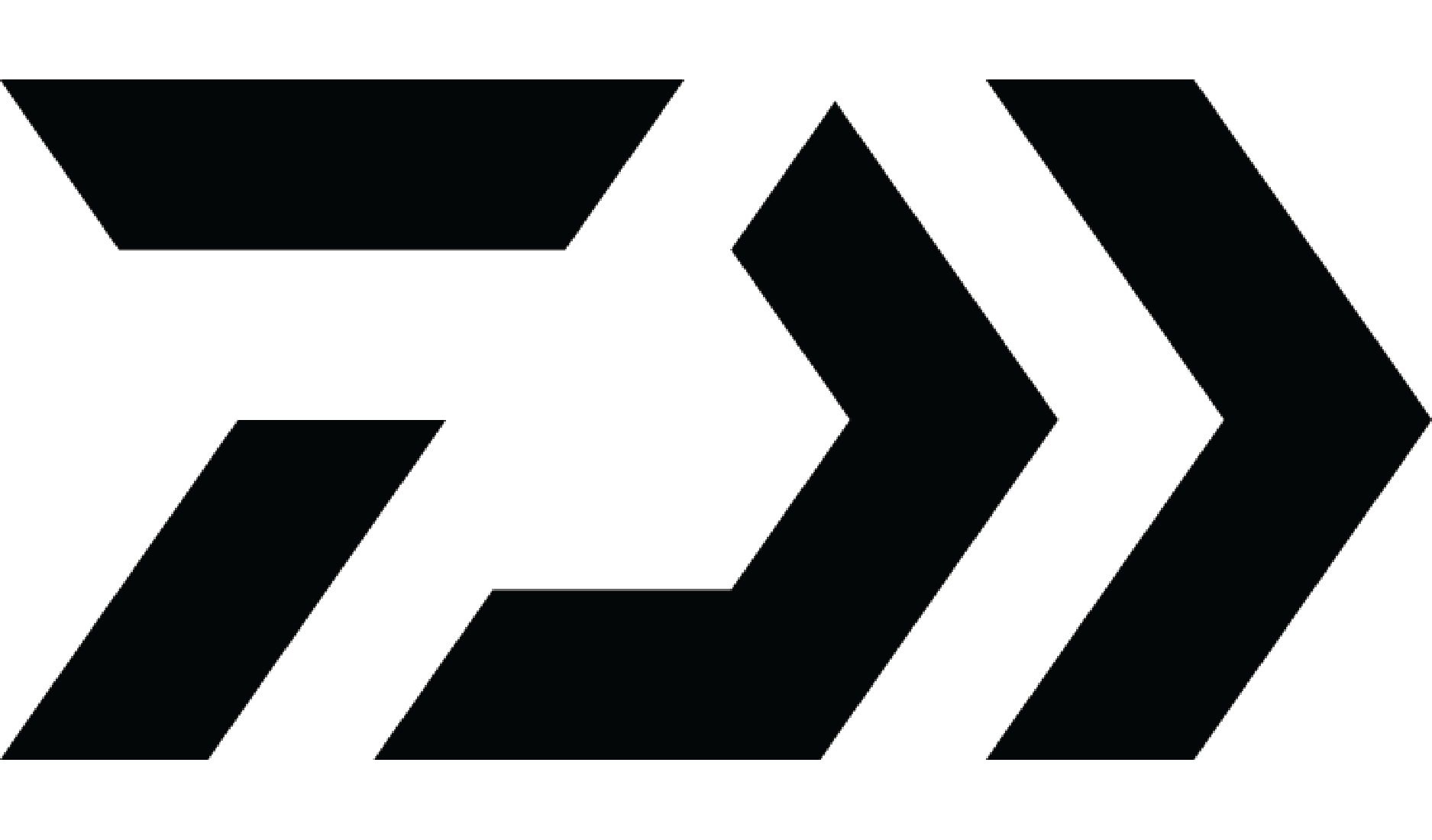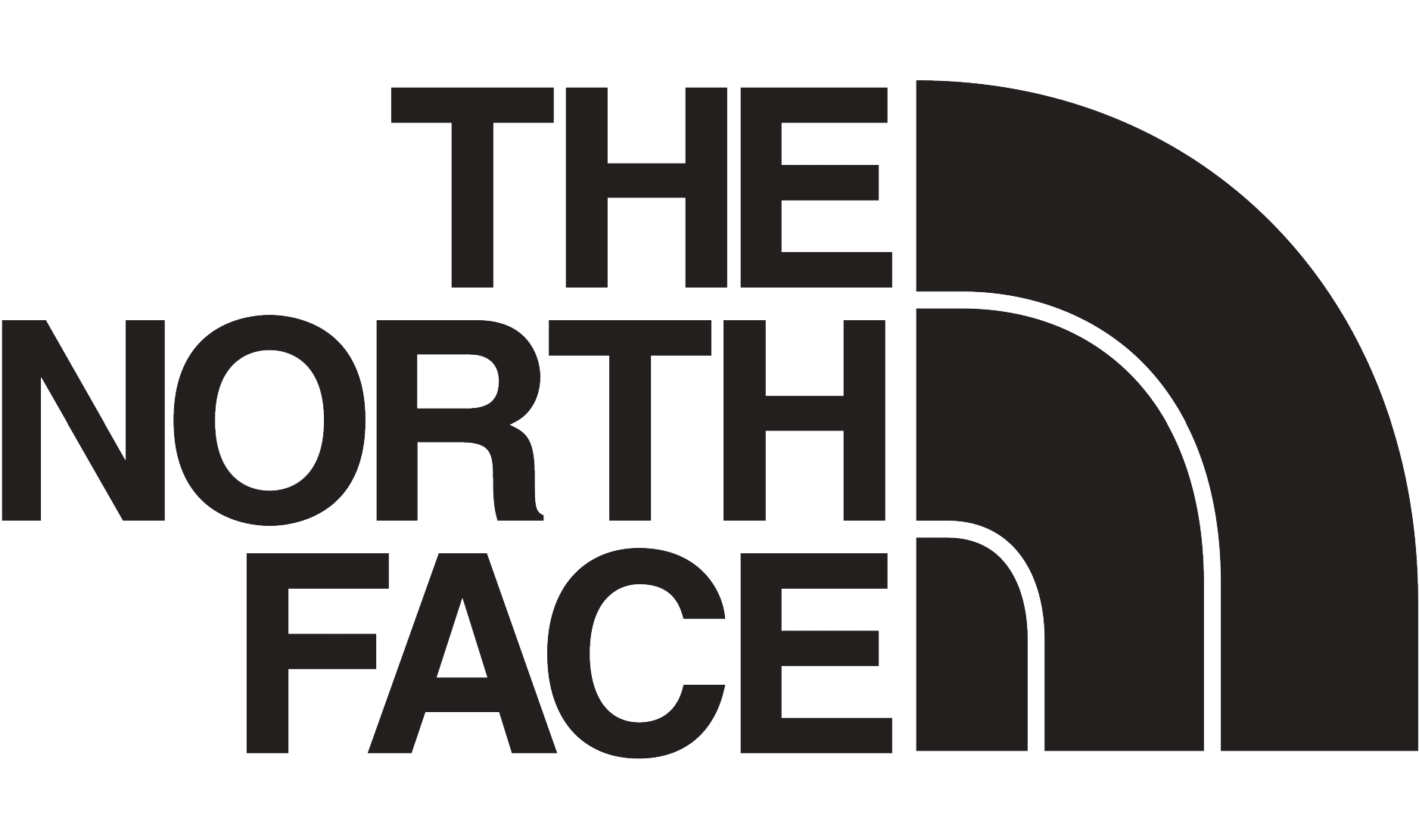Arc'teryx Jacket Technologies Explained (Gore-Tex, SV, AR, LT)
Know Your Acronyms
Gore-Tex Types SV, AR & FL Model Comparison NZ Conditions Layering & Care
Arc'teryx jackets have a cult following for their technical performance and in the world of outdoor gear, they're widely considered the gold standard. But there's one thing even I'll admit to its that the naming system can be somewhat confusing.
If you've ever stood in a store looking at an Alpha SV GORE-TEX PRO and wondered what those letters actually mean, you're not alone. Arc'teryx product codes aren't just marketing fluff. They're a clear way to understand how the jacket is built and where it's meant to perform.
Why Arc'teryx Stands Out: Born in British Columbia's Coast Mountains - a region where conditions can swing from sun to snow to sideways rain in the space of an afternoon. Sound familiar? For Kiwis, that's basically a stock standard day.
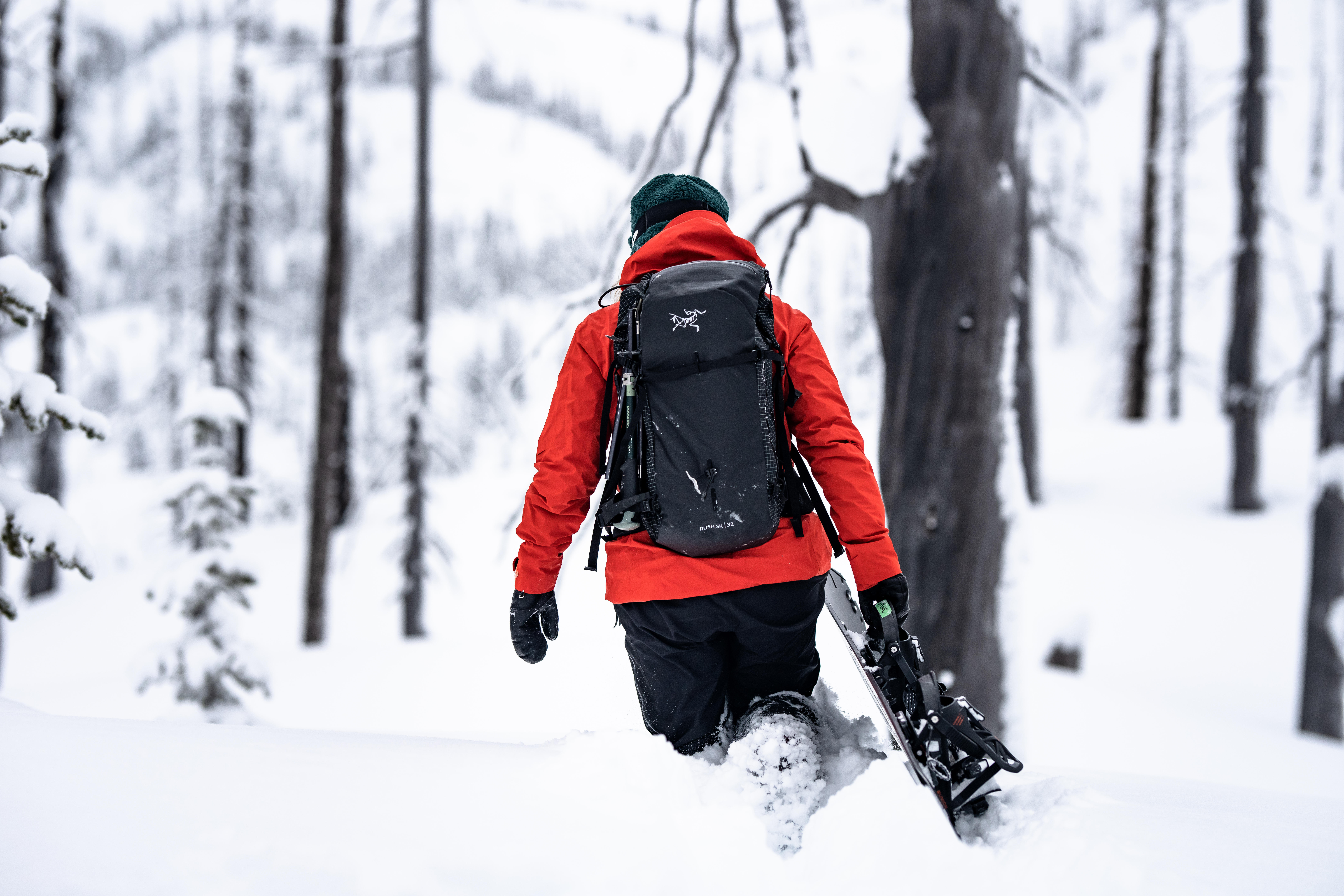
Gore-Tex Technologies: Your First Decision
At the core of most Arc'teryx shells is Gore-Tex but not all Gore-Tex is the same. Here's the breakdown:
GORE-TEX ePE
Best For: Everyday rainwear, hiking, mixed-use
Pros: Waterproof, breathable, eco-friendlier
Cons: Not as rugged as PRO
GORE-TEX PRO
Best For: Alpine, mountaineering, severe weather
Pros: Maximum durability & breathability, stormproof
Cons: Heavier, higher price
GORE-TEX PRO + Hadron®
Best For: High-output alpine, climbing
Pros: Light but tough, excellent abrasion resistance
Cons: Limited to premium alpine models
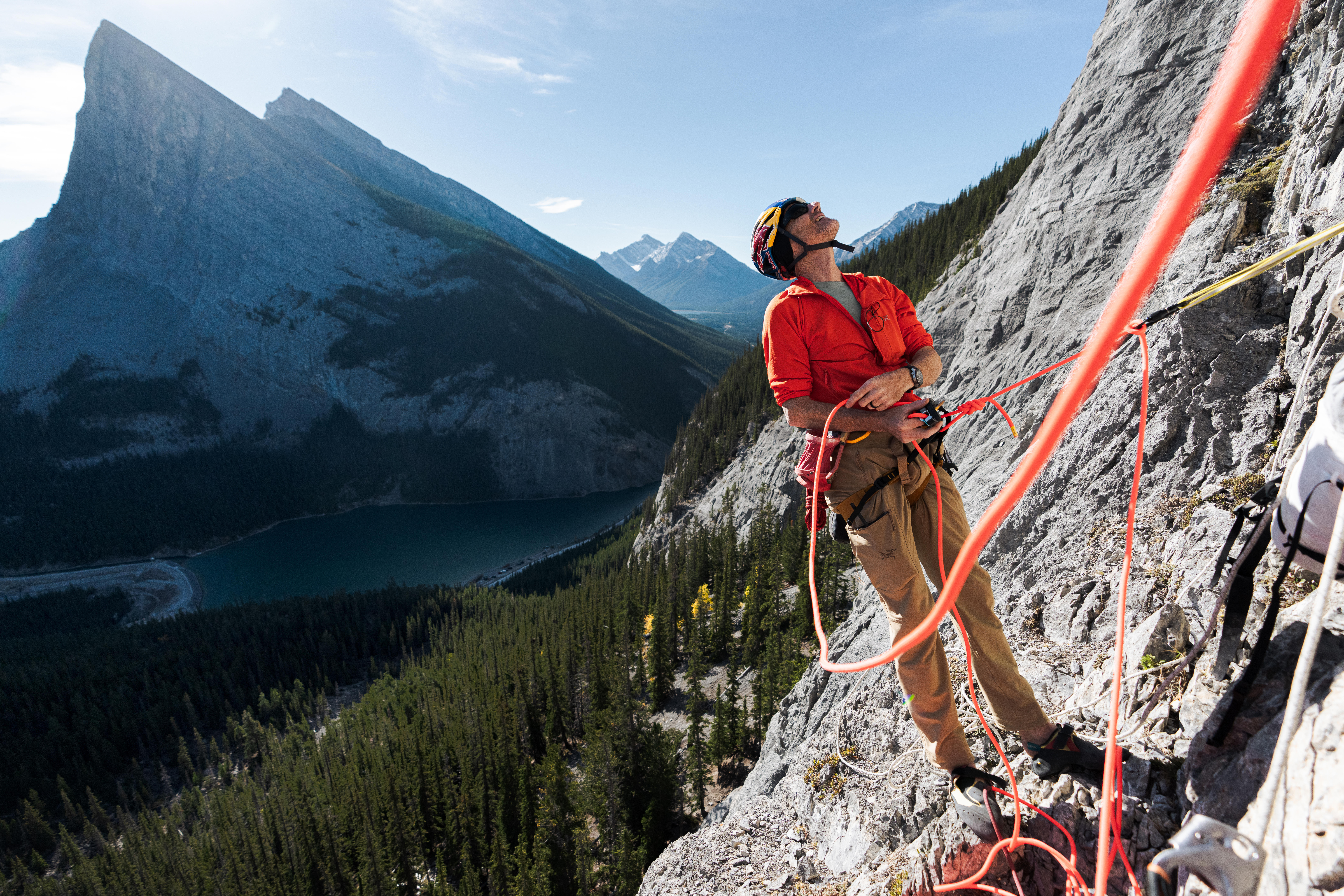
SV, AR & FL: What the Letters Mean (Plus a Note on LT & Other Codes)
Arc'teryx's abbreviations are a quick guide to what a jacket is for, how tough it is, and the conditions it's built to handle.
SV – Severe Weather
Use: The roughest conditions, days of heavy rain, strong winds, or alpine snow.
Build: Tough fabrics (up to 100d), reinforced in high-wear areas, helmet-friendly hood, storm flaps, full GORE-TEX PRO.
In NZ: Fiordland's endless rain, winter climbs on Aoraki, or guiding in storm-prone areas.
Example: Alpha SV – $1,450, 100d GORE-TEX PRO shell built for extreme conditions.
AR – All Round
Use: Year-round versatility, handles rain, wind, and snow without being too heavy for fair days.
Build: Balanced durability, weight, and breathability. Uses GORE-TEX PRO with lighter panels for comfort.
In NZ: Routeburn Track in spring, ski touring in the Craigieburns, or commuting in windy Wellington.
Example: Beta AR – $1,000, mix of 80d and 40d GORE-TEX PRO, DropHood™ fits over helmets or hats.
FL – Fast & Light
Use: When speed and low weight matter, running, fastpacking, or quick alpine trips.
Build: Minimal features, lighter fabrics, packs down small. Best for short, high-output missions.
In NZ: The Old Ghost Ultra, bikepacking Alps 2 Ocean, or a quick summit on Taranaki Maunga.
Example: Norvan SL – ultralight shell that still keeps you dry when the weather turns.
What about LT?
Older Arc'teryx models sometimes used LT (Lightweight) for pared-down designs. It's been phased out, but the idea lives on in the current Beta, which keeps that lighter, streamlined feel.
Other Codes You Might See
- SL – Super Light: Even more minimalist than FL, built for shaving grams.
- IS – Insulated: Adds synthetic or down fill for cold conditions.
- MX – Mixed Weather: Hybrid fabrics for durability and breathability in varied climates.
We don't currently stock these models, but they follow the same logic as SV, AR, and FL, helping you choose the right jacket for your needs.
Quick Comparison Table
| Model | Best For | Gore-Tex | Weight | Price (NZD) |
|---|---|---|---|---|
| Beta | Hiking, everyday rain protection | ePE | 375g | $650 |
| Beta SL | Multi-day hikes, packability focus | ePE | 340g | $820 |
| Beta AR | Harsh weather, versatile alpine | PRO | 461g | $1,000 |
| Alpha | Technical alpine routes, climbing | PRO / Hadron® | 370g | $1,150 |
| Alpha SV | Severe alpine storms, mountaineering | PRO | 485g | $1,450 |
Choosing the Right Jacket for NZ Conditions
New Zealand's weather is famously unpredictable, so think about your worst-case scenario, not just your best.
Pro Tip
If you'll only own one jacket, lean toward AR models - they strike the best middle ground between weather protection and everyday wearability.
Perfect for New Zealand's unpredictable conditions where you might face sun, rain, and wind all in one day.

Layering for PerformanceArc'teryx shells work within a layering system. The shell itself is for weather protection; it won't keep you warm without help underneath. Base LayerMerino or synthetic to wick sweat (Icebreaker, Arc'teryx Rho) Mid LayerFleece or synthetic insulation like Arc'teryx Atom LT ShellYour chosen waterproof Arc'teryx jacket NZ Pro Tip: Always carry a mid-layer, even in summer. Weather can change in 10 minutes!
|
Care Tips for LongevityArc'teryx jackets are an investment, treat them like one. 1. Wash OftenDirt and oils clog the membrane. Use tech wash like Nikwax. 2. Reproof RegularlyWhen water stops beading, reapply DWR treatment. 3. Tumble Dry LowHelps reactivate DWR without damaging fabric. 4. Store ProperlyNever pack away wet - mildew and odor will set in. |
Final Thoughts: Buy Once, Buy Right
Arc'teryx doesn't make fashion jackets, they make survival tools. By matching the right Gore-Tex membrane and model to your activity, you're investing in gear that will perform when you need it most.
Whether you're battling Fiordland storms, summiting Mt. Taranaki, or just want a rain shell that won't quit after a season, understanding these tech codes means you'll buy smarter and stay safer.
Ready to Choose Your Arc'teryx?
New Zealand's best selection of Arc'teryx technical gear


